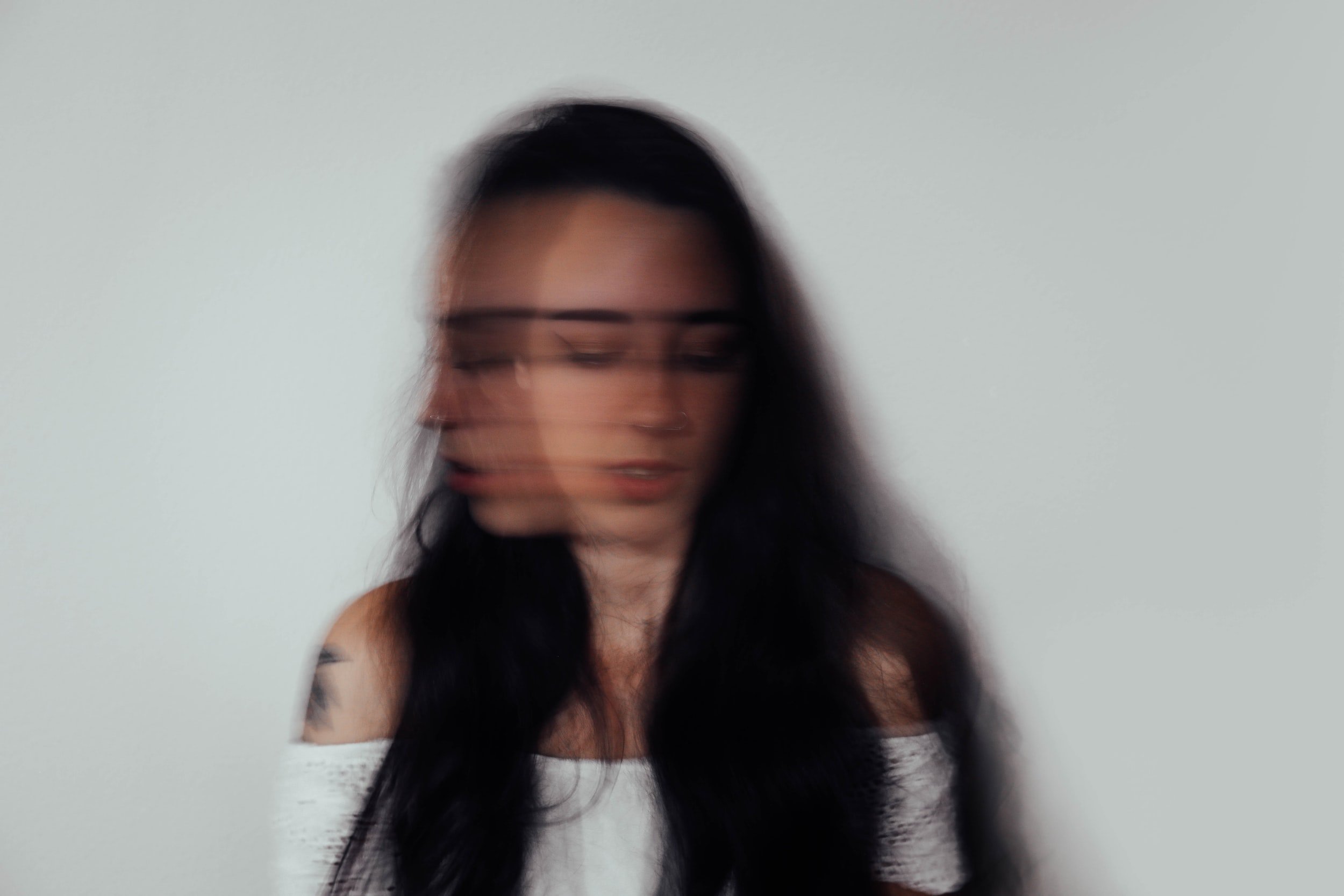CAN ANXIETY CAUSE DIZZINESS?
Anxiety is an issue close to my heart. I feel completely empathetic to the emotional distress and lack of control people can experience especially when it’s caused by a physical injury. Vestibular injuries cause an imbalance between our inner ear sensory structures and results in a false sense of movement or vertigo. The vestibular apparatus has literal connections to the anxiety centers in our brain, so when this false sense of movement occurs people can feel signs of anxiety:
-heart racing, sweaty, nausea, clammy, weak shaky legs, feeling faint, and lightheaded
So how can therapy help anxiety?
Well, in my experience we have to treat the original issue and then retrain the vestibular apparatus to work when it should, almost like hitting a “reset” button. Then we build trust in your body again; telling your brain to rely on somatosensory input versus the symptoms they feel in their head. My protocol involves a lot of grounding and core exercises to trust what they are feeling in the legs, hands, and body. This allows a person to become truly present with body movement vs the illusion of movement.
I have had much success with this principal in treatment, but the most success incorporates a team of medical professional who can help with medication and coping behavioral therapies.
Do you have anxiety? Take this short quiz: https://psychcentral.com/quizzes/anxiety-quiz/
Visit these resources for better understanding on the relationship between dizziness and anxiety, https://www.sercrehab.com/files/pdf/vestibular/8-anxiety_dizziness.pdf
https://www.medicalnewstoday.com/articles/anxiety-and-dizziness

